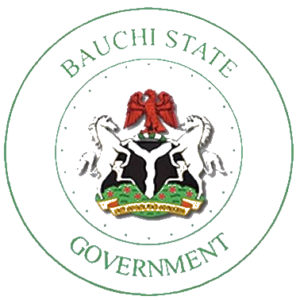
Alake harps on prioritising local value addition in Africa’s mining industry
Minister of solid minerals development, Dele Alake has called on the international community to prioritise local value addition in Africa’s mining sector.
Speaking during a penal session, themed, ‘Why the Super Region? Should the Super Region Have Its Own Critical Minerals Strategy,’ Alake said the concept of ‘local value addition’ entails the enhancement of the value of raw materials or products within the local economy before they are distributed.
“This could mean local sourcing of raw materials, enhancing manufacturing processes, or even localising the entire supply chain,” he explained.
As a result, he said there is a need to shift to local value addition when it comes to mining, as against the age-long practice of carting away raw mineral resources.
“For us in Nigeria, and most of Africa, the idea of a super region is quite significant in order to harness the mosaic, distinctive mineral resources that are within the confines of our super regions and consequently achieve a sustainable energy mix for the world,” the minister said.
“In Nigeria, we have prioritised the development of our critical minerals and rare earth metals.
“So the idea of inclusivity in a super region entails collaborative efforts, not only in the area of investments but technology transfer, knowledge sharing, and, more importantly, for us in Africa, local value addition.
“In Africa, we know we need a lot of infrastructural development. That is why the significance of the super region can not be overemphasised.
“The onus falls on us all to map out strategies of creating concrete alliances and integration of our economic interests.
“For instance, it is a known fact that Africa holds a significant percentage of critical minerals, which are now in demand as the world transitions to green energy.
“Therefore, the continent can no longer be given the shorter end of the stick.”
Alake also said the strategy of inclusivity in the super region should ensure that the practice of exploitation via mere extraction of mineral resources gives way to conscious efforts to develop the mining industry value chain, culminating in the processing of minerals into finished products.
This, he said, heralds economic development for countries in the continent.
Meanwhile, at the event on January 10, Nigeria and the Kingdom of Saudi Arabia resolved to strengthen collaboration for the development of solid minerals in the West African nation.
This would lead to the formation of a joint committee for the development of Nigeria’s mining sector.



